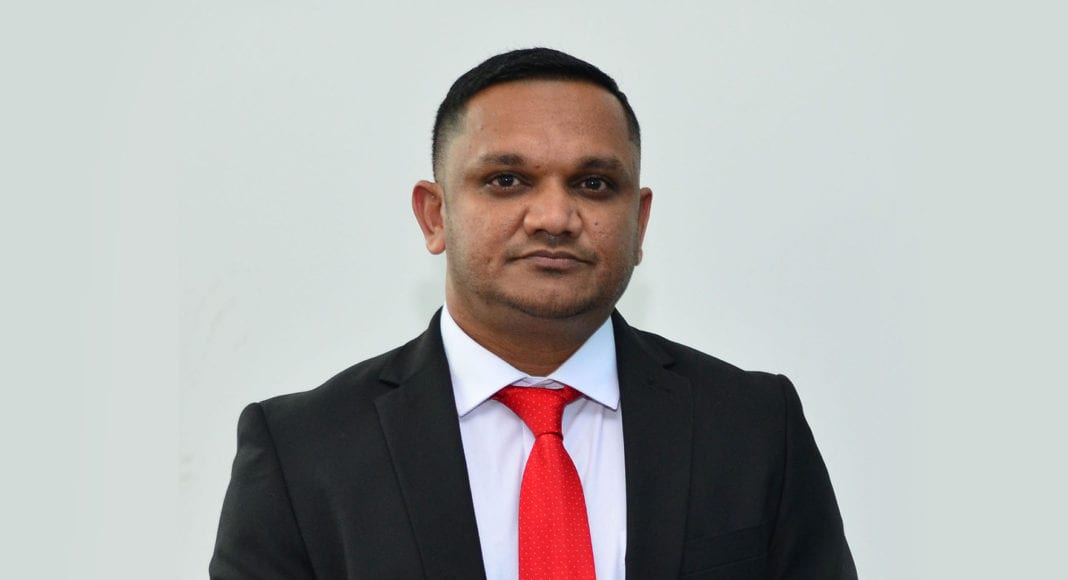The independent consultant being engaged by the Government of Guyana to review the work that has been done so far by the Department of Energy for the 220,000 barrels per day Payara Development Project is expected to arrive in the South American country within days.
Guyana’s Minister of Natural Resources, Vickram Bharrat, said because political instability in the country over the last five months has delayed the approval of the project, the new government is now working on a ‘tight timeframe’ to ensure the license is issued while at the same time making sure the integrity of the process is not jeopardized.
“The push now for the license, as we could understand, is a direct result of what took place in our country for the last five months,” he said on Thursday while being a guest on a local radio programme – Guyana’s Oil & You. “That would’ve played a part in us being in a position now where we’re actually working on a tight timeframe to ensure that the license is issued to the company, but yet again, to ensure that the integrity of process is not jeopardized in the haste to get that agreement out.”
Mr. Bharrat said finding a balance between speedy approval and a thorough review of the project is key since the new administration is cognizant of the time constraints facing the investors and the need for revenue to come to the country.
“So we have to balance it – that is our job – to balance it to ensure that, yes, the investors are satisfied because we need investors in this sector; we need investors to invest to ensure that money comes into the country; but yet again, we need to ensure that when we sign a contract or we give a license that benefits can be derived so Guyanese can benefit,” he said.
The Natural Resources Minister said the government is working to ensure that benefits from the oil and gas sector reach “every single Guyanese” regardless of which region of the country they are from.
Guyana’s newly elected President, Dr. Irfaan Ali, said just days ago the government is working through the Canadian High Commission to engage the services of an independent consultant to review the work that has been done so far, for Payara. “And we’re expecting that consultant very soon, in a matter of days, to be in Guyana so that a review can be done of the existing document declared by the Department of Energy, and that the Government of Guyana and the President are satisfied [before approving the project],” the Minister stated.
ExxonMobil has said it hopes that approval of the Payara development, already delayed by several months, could be finalized by September in order to capitalize on a crucial window of opportunity to get the project going without further setbacks.
“We understand the new government’s desire to satisfy itself the Payara project has been appropriately defined by ExxonMobil and assessed by the relevant regulatory agencies,” ExxonMobil Guyana President, Alistair Routledge, said this week. “Over a year has been spent on the approval process for Payara. The process has been exceptionally rigorous, and the Development Plan and Environmental Impact Assessment are in line with or ahead of industry norms.”
Norway-based Rystad Energy has said the delays have already removed more than 50 million barrels of production that could have been achieved by 2030 if the project had been sanctioned in 2019, while Wood Mackenzie has said the delays could erode up to US$2.2 billion of overall project value and Guyana’s share value could decrease by an estimated US$4.5 billion.
“We believe everyone understands that delays will reduce the value of the project for the country and no-one wishes to unnecessarily extend the review process,” Mr. Routledge said, adding, “We will continue to provide clarifications on any aspects of our proposal, as necessary.”
He said with Liza Phases one and two already approved, ExxonMobil has demonstrated its commitment to a long-term partnership with Guyana “to responsibly and safely develop the country’s resources in a mutually beneficial manner.”
With a small population of just over 750,000, Guyana could potentially become one of the richest countries in the world in per capita terms as oil production is expected to exceed 1 million barrels per day by 2030, from multiple developments offshore.



